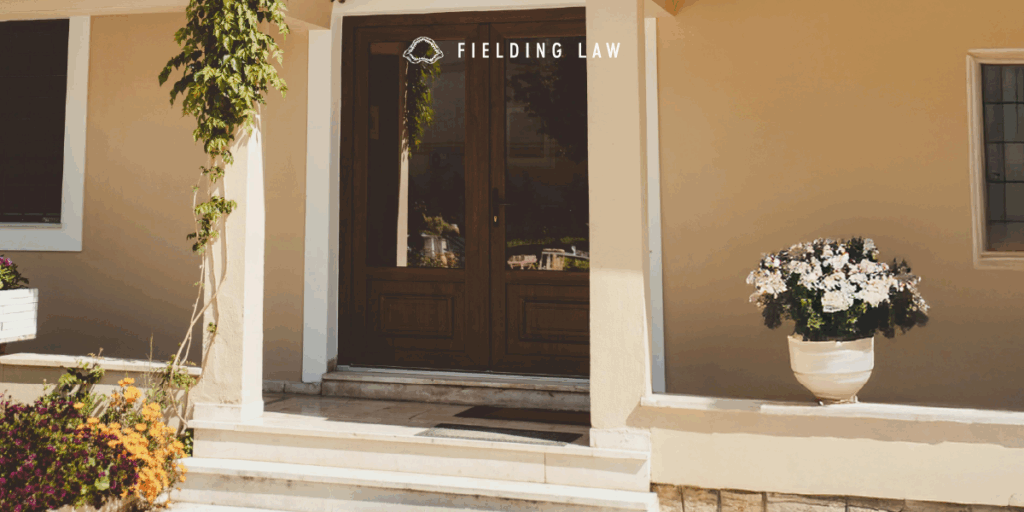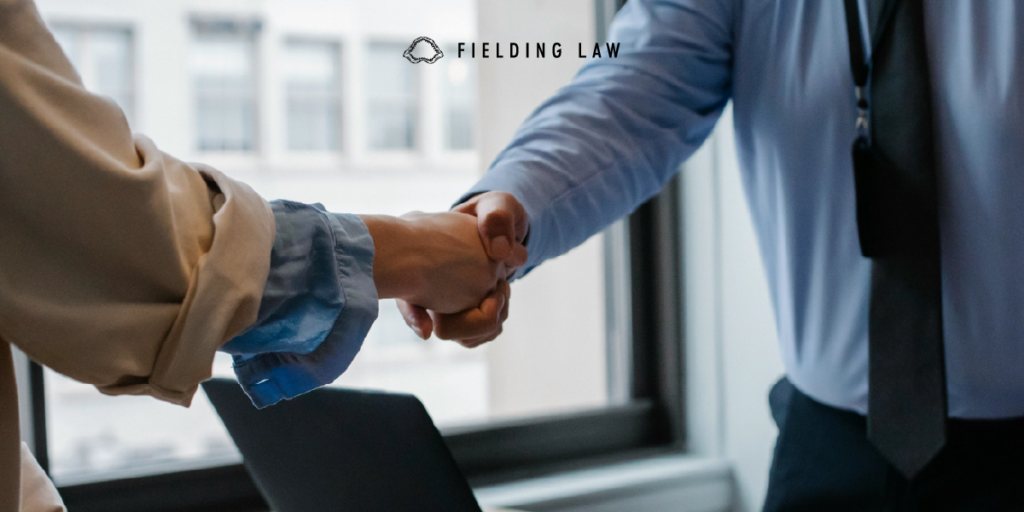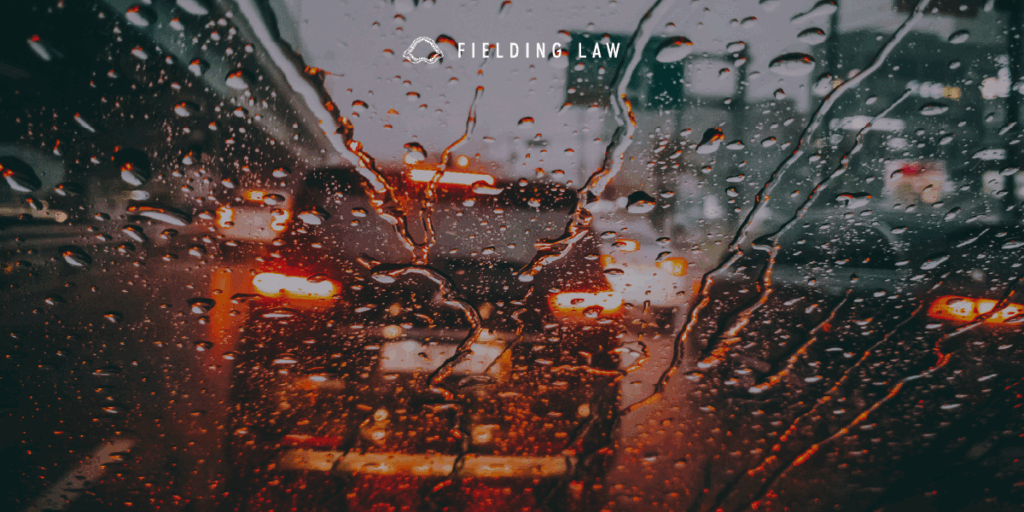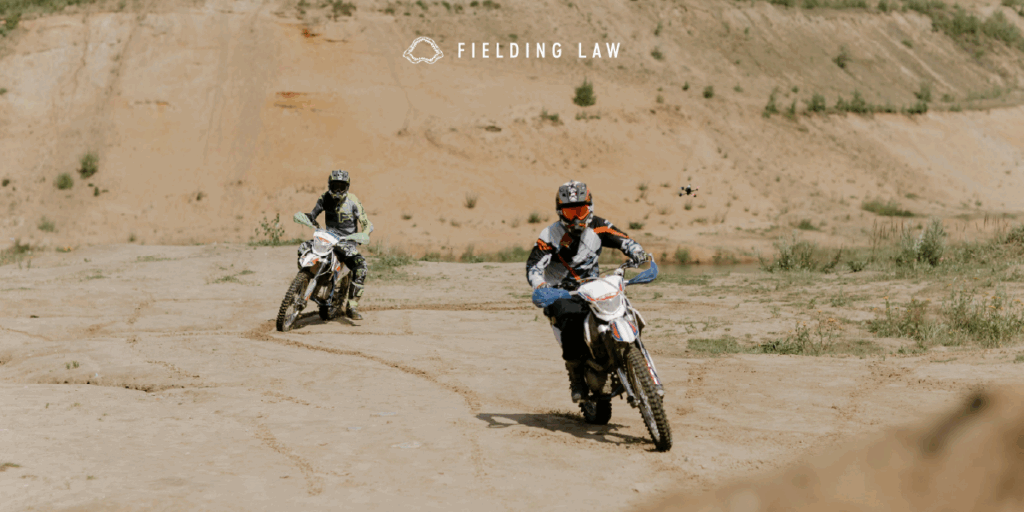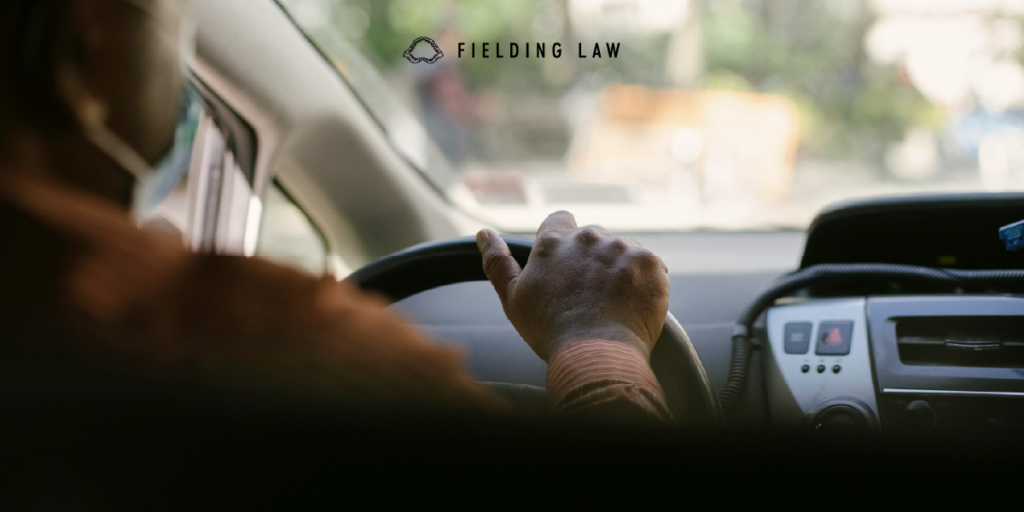
Understanding Liability for Dangerous Driving
Rideshare companies like Uber and Lyft provide convenient transportation for millions of passengers each year. However, not every ride feels safe. Some passengers encounter drivers who speed, run red lights, or make aggressive maneuvers. This raises an important question: if a rideshare driver behaves dangerously but does not cause an accident, can you take legal action against the company?
Reckless Driving Without a Collision
Dangerous driving does not always end in a crash. In some cases, the driver’s actions may cause emotional distress, fear, or even minor injuries from sudden braking or swerving. While these situations may not involve property damage, they can still have legal implications.
In California and Arizona, suing a rideshare company for a driver’s unsafe conduct without a collision is challenging. Personal injury claims generally require proof of damages such as physical injury, medical bills, or other measurable losses. Emotional distress alone may not meet the legal threshold unless it is tied to a diagnosable condition or physical symptoms.
When the Rideshare Company May Be Liable
Rideshare companies classify drivers as independent contractors, which limits the company’s direct liability. However, there are situations where a claim may be possible:
-
Negligent Hiring or Retention: If the company allowed a driver with a known history of reckless driving to remain on the platform.
-
Failure to Enforce Safety Policies: If repeated complaints about a driver’s dangerous conduct were ignored.
-
Violation of Local Laws: If the driver’s actions violated traffic laws in a way that created a foreseeable risk of harm.
In these cases, evidence is critical. This may include trip records, dashcam footage, witness statements, or copies of prior complaints made to the rideshare company.
What Passengers Should Do After a Dangerous Ride
Even if no crash occurred, taking the right steps can help protect your rights:
-
Document the incident immediately after the ride, including the driver’s name, vehicle information, and route.
-
Report the behavior to the rideshare company through its in-app complaint system.
-
Seek medical attention if you experience physical symptoms or stress-related conditions.
-
Consult a rideshare attorney to determine if your situation meets the legal requirements for a claim.
Why Hire Fielding Law
At Fielding Law, we understand the anxiety and frustration that comes from feeling unsafe in a rideshare vehicle. Our caring and capable team knows how to investigate dangerous driving incidents, gather evidence, and evaluate whether a rideshare company can be held responsible. We serve clients in California and Arizona with a commitment to professionalism, civility, and kindness. Call 833.88.SHARK to speak with our team today.
Note: Information provided is for educational purposes and does not constitute legal advice. Always consult with a qualified attorney for legal concerns.
